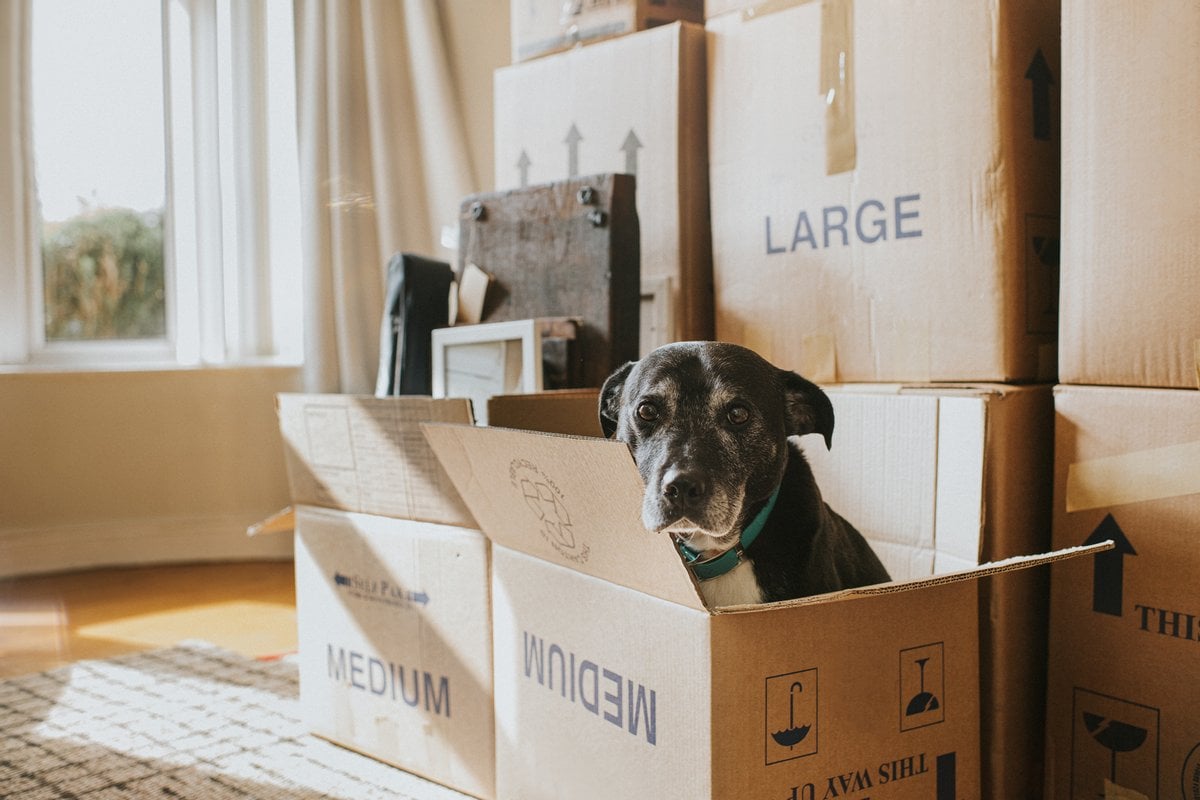
We've all been there.
Browsing realestate.com.au on a Friday night, four pages deep into six-bedroom, five million dollar, waterfront homes in a suburb that we can barely afford to rent, let alone purchase property in.
"Owning a home" is the great Australian dream. But, according to an expert, far too many people are going the wrong way about it.
Watch: 5 money lessons your parents told you, that you should probably forget... Post continues below.
This week on Mamamia's money podcast, What the Finance, financial expert Melissa Browne sat down with author and actress, Pallavi Sharda to chat all things property investment.
Whether you're thinking of buying your own home or looking to invest in property for your retirement, Mel answers all the questions you could possibly have on purchasing property.
Here are some of the top tips we took from this episode.
Find your three non-negotiables
Yes, that means getting rid of your six bedroom, four bathroom, waterfront property with a pool and tennis court search.
Mel suggests finding just three non-negotiables on what you need in your property.
For her that was one car space and two bedrooms within a three suburb boundary.
Your non-negotiables might include the number of bedrooms, whether or not there is an outdoor area, where it is located or whether the property is an apartment, townhouse, villa or house.